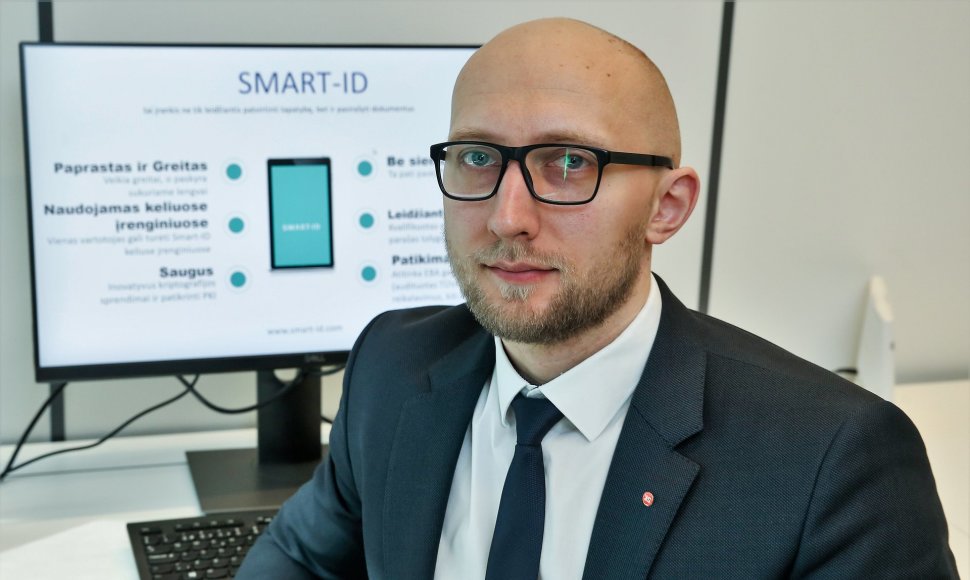The European Commission has recently unveiled proposals for a vaccination passport. Amongst the various aspects being reviewed, one thing is certain – the vaccination passport should be digital. But questions are being raised on whether this should take the form of another mobile app, considering how many of them are already in use?
Global statistics indicate that the average phone will have around 40 apps installed. Depending on the age group, this number could be higher or lower.
There are currently several initiatives regarding vaccination passports. Various organizations such as the International Civil Aviation Organisation, IBM, Apple as well as individual countries –Denmark, India, China and the USA – are all working in this area. Several solutions are already available. E.g., the CommonPass app allows for the healthcare data to be uploaded, whereas SMART Health Cards, the functioning of which is based on a similar principle, facilitates the generation of a health card.
Another option – PDF format
Before the vaccination passport can be used, many questions, including technical solutions, will need to be resolved. Any solution must be based on universally recognised standards. It must also present standardised information in order to ensure its smooth functioning as the number of interested countries is huge. In addition, it is important to determine who will be responsible for maintaining the infrastructure as well as guaranteeing that any potential solution is safe and accessible to a regular user.
A passport is normally seen as a document that presents certain information. When talking about digital documents, the PDF format comes to mind first. It is a format used globally, therefore it meets the requirement for a universally recognised standard. A PDF document can be accessed easily by anyone with a smart device.
Safer than paper
Another key question is safety. A digital document is considerably safer than a paper version because mechanisms for securing e-documents are already in place. A good example is the qualified digital signature, which is defined by the eIDAS regulations and is widely used across the European Union. It would ensure that the digital vaccination passport is issued by a reliable institution, the same one which is indicated on the document. It would also confirm that the document has not been manipulated in any way. In addition, having access to multiple copies of such document is also particularly important.
Another crucial consideration is establishing who would issue such documents. The European Commission is strongly encouraging the member states to develop their e-health systems which would also ensure that exchanging health data is facilitated.
Lithuania’s solution could be quite simple. The country already has a functioning e-health system, which stores different types of health data. So, the only thing left to do is to extract this data. In practice, the process could look like this – a vaccination passport is generated in PDF format, holding some standard information (e.g., time of vaccination, vaccine, personal data) and verified by a qualified digital signature. This vaccination passport could be presented by the individual when they register for a flight or they could simply have a QR code on their device which, when scanned, would present the document and the data would be verified automatically.
There are numerous ideas on how a vaccination passport could function, but technical simplicity and the pace of decision making are crucial in this process. It is therefore particularly important to ensure the passport is safe, reliable and accessible.
Viktoras Kamarevcevas is the chairman of the Infobalt association’s eIDAS sub-group and the head of SK ID Solutions in Lithuania.












